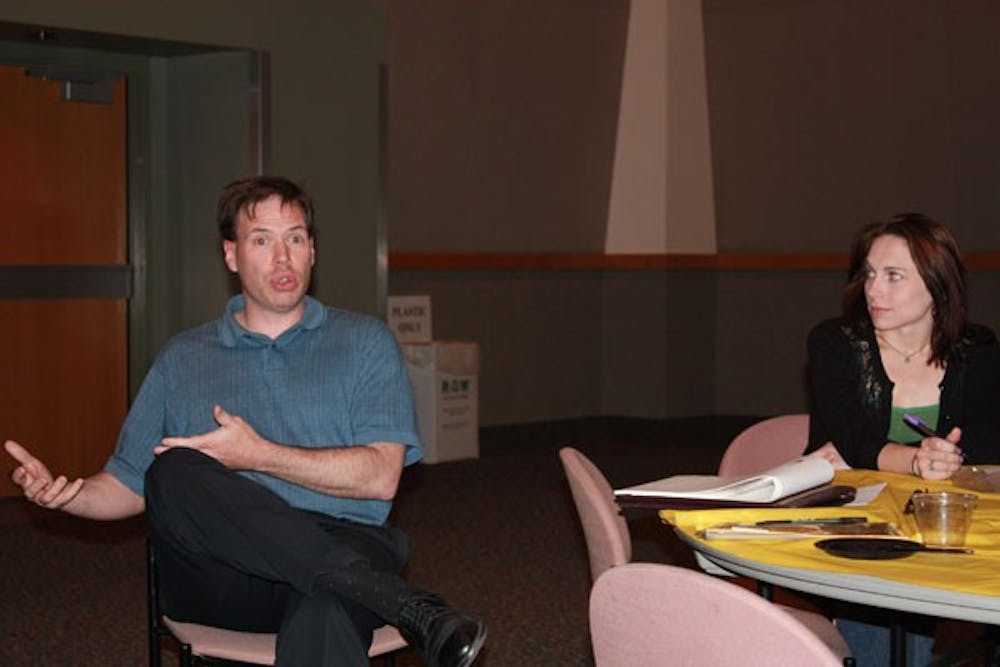Print and television advertisements are still stereotyping women in a negative way, according to a film shown Thursday at ASU’s West campus.
“Killing Us Softly 3: Advertising’s Image of Women,” focuses on issues of media literacy and the portrayals of body image and gender equity.
The filmmaker, Jean Kilbourne, showed ads that objectified women, suggesting their importance is to only be beautiful and thin, among other stereotypes.
There are also the issues of trivialization of sex, including portraying women as wanting to be taken advantage of.
The film was preceded and followed by YouTube clips representing male body image, and afterward participants discussed body image issues and on-campus resources at the West campus for the National Eating Disorders Awareness Week.
Sheila Conner, a coordinator of the event in the Office of Student Engagement at the West campus, said the event focused mainly on media literacy and not eating disorders specifically.
“We didn’t want it to come across as something that wasn’t open to all students,” Conner said. “We wanted to make sure that it was specifically just about learning about questioning what ads look like, what commercials look like, what TV shows look like.”
During the discussion, Conner said she doesn’t buy magazines because of how they make her feel and how they tell women how to look.
“I know that if I buy them, that I get so much harder on myself,” she said.
Student Counseling Services assistant director Daniel Schulte led the discussion on body image and media literacy following the film and clips.
“You have to be aware of those images and those messages and where they’re coming from and kind of what they might be doing,” Schulte said.
Danielle Ahlberg, a social justice and human rights graduate student, said she came to the event to do research on eating disorders for a class.
Part of the discussion was about how Barbie and GI Joe might influence children about their views on body image.
“I don’t think for the most part children consciously think about the images that they’re seeing,” Ahlberg said.
The problem is that people are bombarded with similar unrealistic images every day, she said.
“That becomes, what they say, the norm, and it’s the only image we see and so it can never be replaced by something else,” Ahlberg said.
Rolande Abe, a global leadership senior, said there is more respect for women in ads in Africa.
“We don’t emphasize on the body and the weight,” Abe said. “It’s just ‘be who you are, eat what you want to eat.’”
Reach the reporter at reweaver@asu.edu





